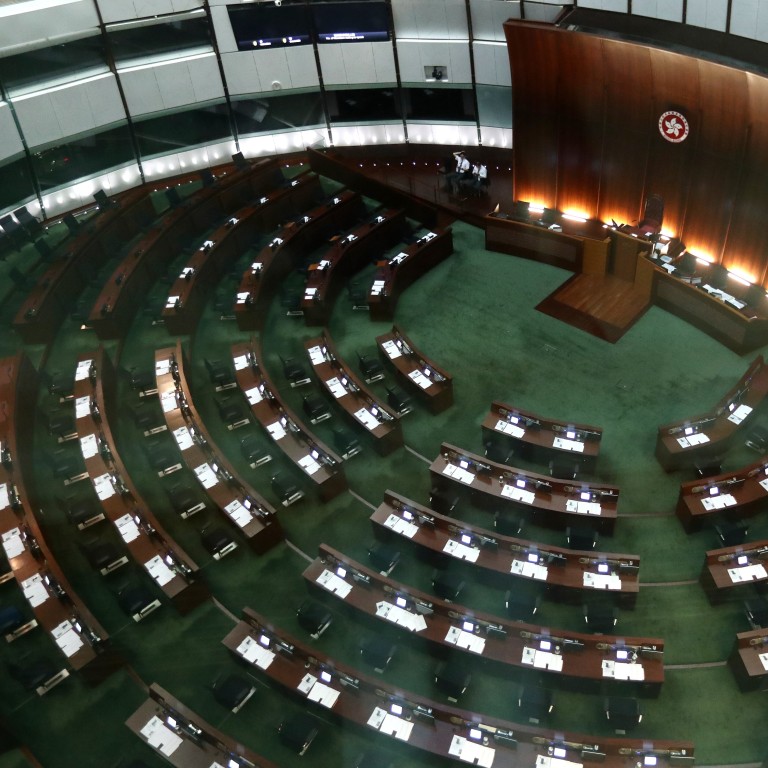
Explainer | Why did Hong Kong’s legislature shelve four bills this session and what are the likely repercussions?
- Committees eyeing legislation meant to tackle everything from poor taxi services to waste disposal each cited lack of time in sidelining the draft laws
- One bill, which has languished for more than 15 years, sought to halve the daily amount of garbage Hongkongers sent to the city’s landfills
In the past few weeks, Legco committees have cited time constraints in ditching four separate pieces of draft legislation aimed at tackling housing supply, premium taxi services, e-cigarettes and waste disposal.
Lawmakers shelve proposal to impose vacancy tax on developers, citing lack of time
The government has expressed “deep regret” with the shelving of each bill, some of which have languished for years.
Below, we look at the four sidelined pieces of legislation and the likely repercussions.
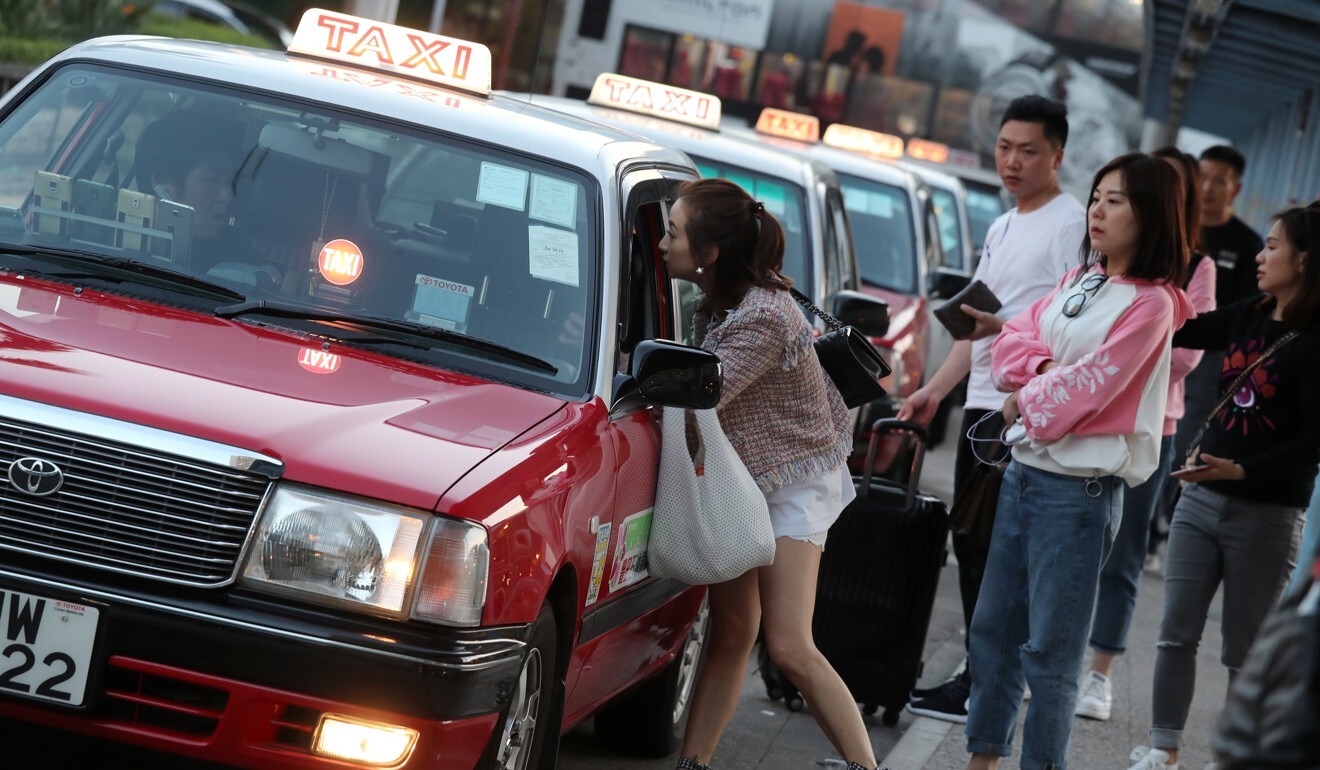
■ Which bills have been cancelled and what were they meant to achieve?
On June 1, the franchised taxi services bill, intended to upgrade Hong Kong’s cab services by introducing a new premium class, became the first to go.
If passed, the bill would have allowed some 600 premium taxis, operated by three franchises, to introduce services such as online hailing, in-car Wi-fi and electronic payments. The new cabs would have charged about 50 per cent more than normal.
Next came the smoking amendment bill, a proposal that would have banned the sale of electronic cigarettes and heated tobacco products containing nicotine. The government considers the devices both addictive and harmful to health, and sought to nip the relatively new habit in the bud before it became entrenched in the city.
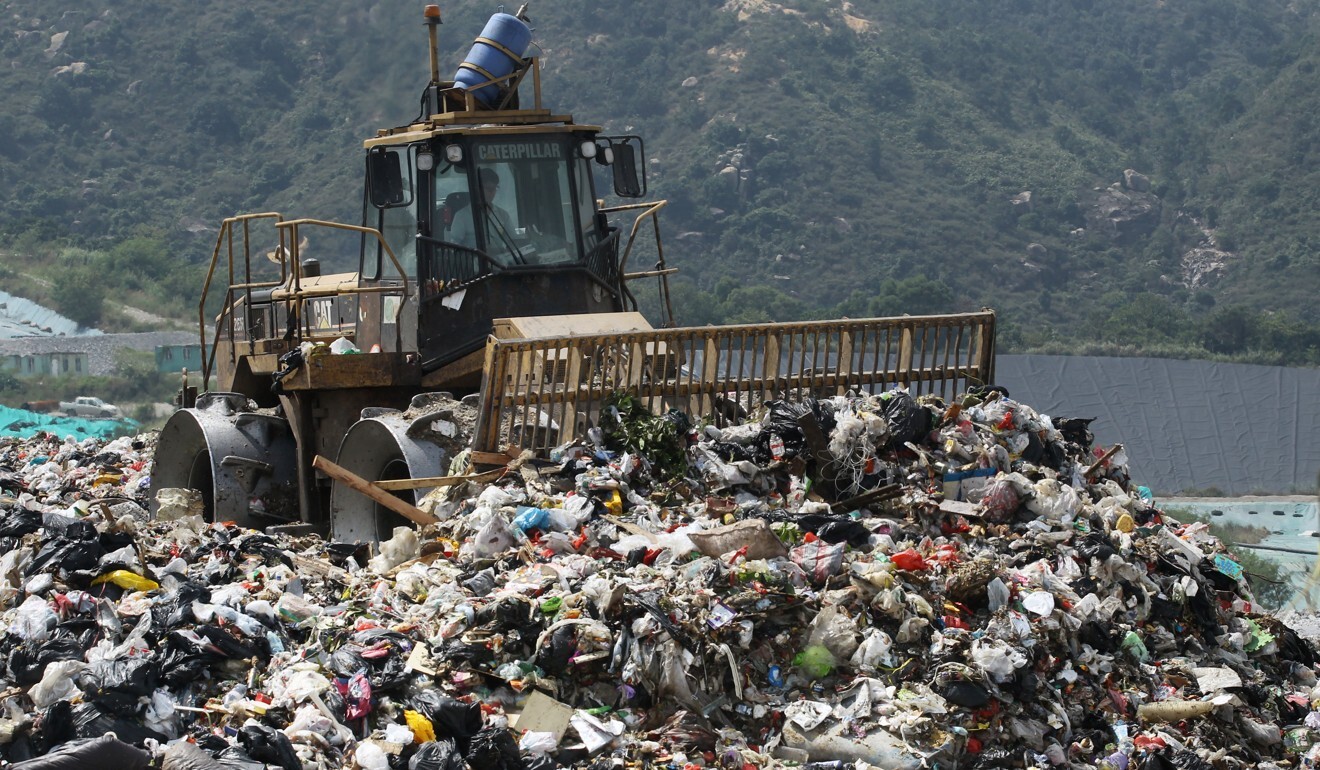
Under the proposed law, those importing, making, selling or promoting electronic smoking products would be subject to a maximum penalty of six months’ imprisonment and a fine of up to HK$50,000.
The third bill to be abandoned would have introduced a mandatory waste disposal charge. First proposed 16 years ago, it was hoped the bill would reduce solid waste by 40 per cent on a per capita basis by 2022, according to the government’s blueprint.
Under the scheme, most of the city’s waste would be disposed of in government-mandated plastic bags, with the average household paying between HK$33 and HK$51 per month.
The final bill to fall by the wayside was a vacancy tax on Hong Kong flats, a plan floated two years ago to ensure the supply of private housing by punishing developers who leave flats empty for long periods amid soaring prices.
Under the proposed law, developers who left newly completed flats empty – either unsold or not rented – for more than six months, would be subject to a punitive tax equivalent to two years of rental income based on market rates.
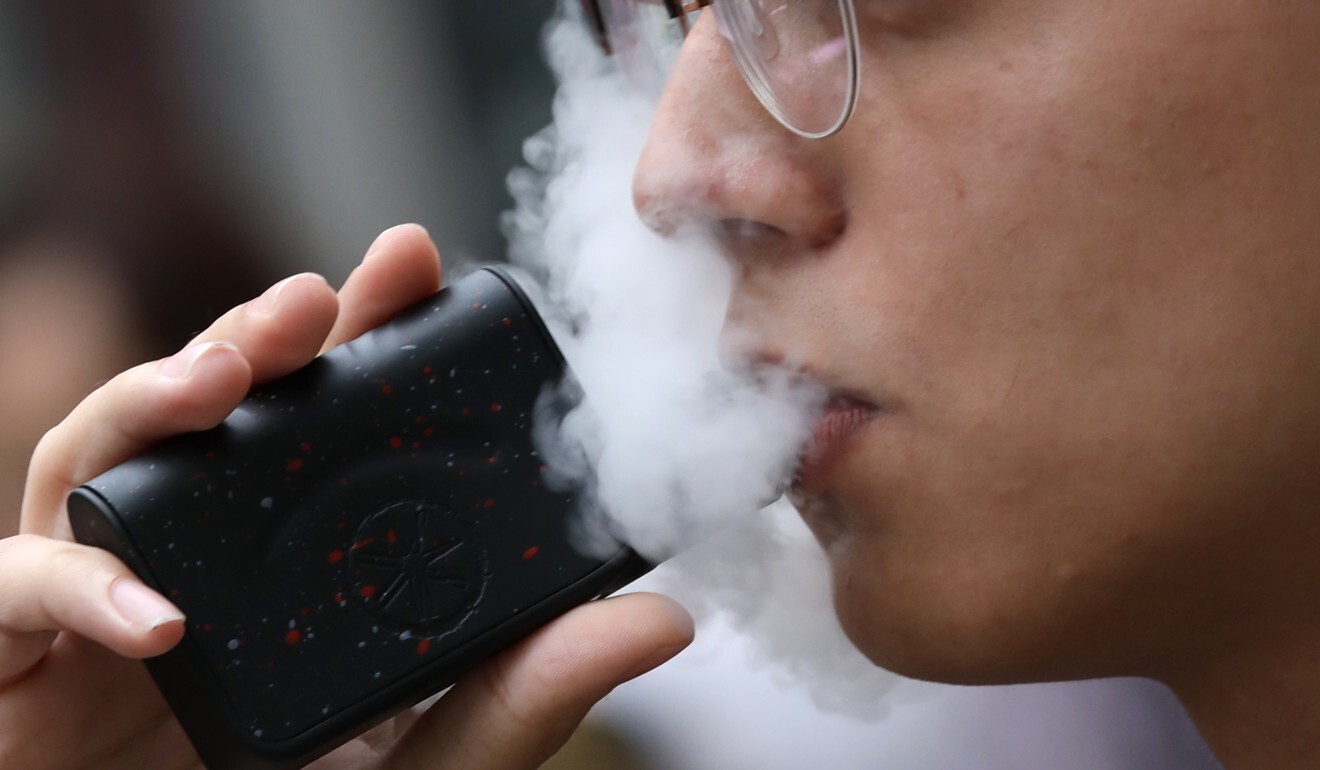
■ Why were they shelved?
Each of the four bills had reached the stage where they were being scrutinised by relevant Legco committees before they could continue their progress towards a vote. Each committee cited a lack of time necessary for proper vetting before the end of the current term as they dropped the bills.
Some blamed their slow progress on Covid-19, pointing to the postponement of long-scheduled meetings due to the pandemic. The franchised taxi bills committee, for instance, was formed last June and had met only four times since.
In the case of the vacancy tax bill, the committee had not begun scrutinising various clauses in the proposal, making it difficult for lawmakers to introduce amendments. Some committee members, meanwhile, suggested the matter deserved a public hearing before moving forward.
■ What are the likely impacts of shelving these bills?
There were 10,318 complaints filed about improper conduct by cab drivers last year, down 6 per cent from a record 11,000 in 2018, though still high by historical standards. Abandoning the franchised taxi scheme and its possibility of a higher-quality alternative for passengers, essentially ensures the status quo.
In the case of the proposed e-cigarette ban, the setback could frustrate government efforts to discourage smoking and safeguard public health, especially among the young, who can be drawn to the habit via vaping.
Plan for premium taxis ditched after lawmakers decide they don’t have the time
According to a 2016-17 secondary school survey conducted by the University of Hong Kong, the number of Grade 1-6 students who had tried e-cigarettes stood at 29,380 (8.7 per cent), while 2,770 (0.8 per cent) said they were currently using them.
The shelving of the waste disposal bill was bemoaned by the city’s Environment Bureau and activists alike, who saw it as a golden opportunity missed.
The amount of waste produced by city residents has soared in recent years, with 2018 hitting the highest level since records began being kept in 1991. Each Hongkonger that year sent an average 1.53kg of trash to landfills every day. The bill aimed to reduce average waste per capita to 0.8kg per day.
Hong Kong waste charging scheme dumped as time runs out on long-delayed bill
In the case of the vacancy tax, housing sector specialists have said dropping the bill would not have any appreciable impact on property prices or the supply of new flats, arguing the delay would offer some “breathing space” for developers to readjust their strategies for selling luxury flats.
Deeply unpopular among Hong Kong’s powerful developers, the controversial measure, seen as a populist move by the government, has drawn flak from numerous corners.
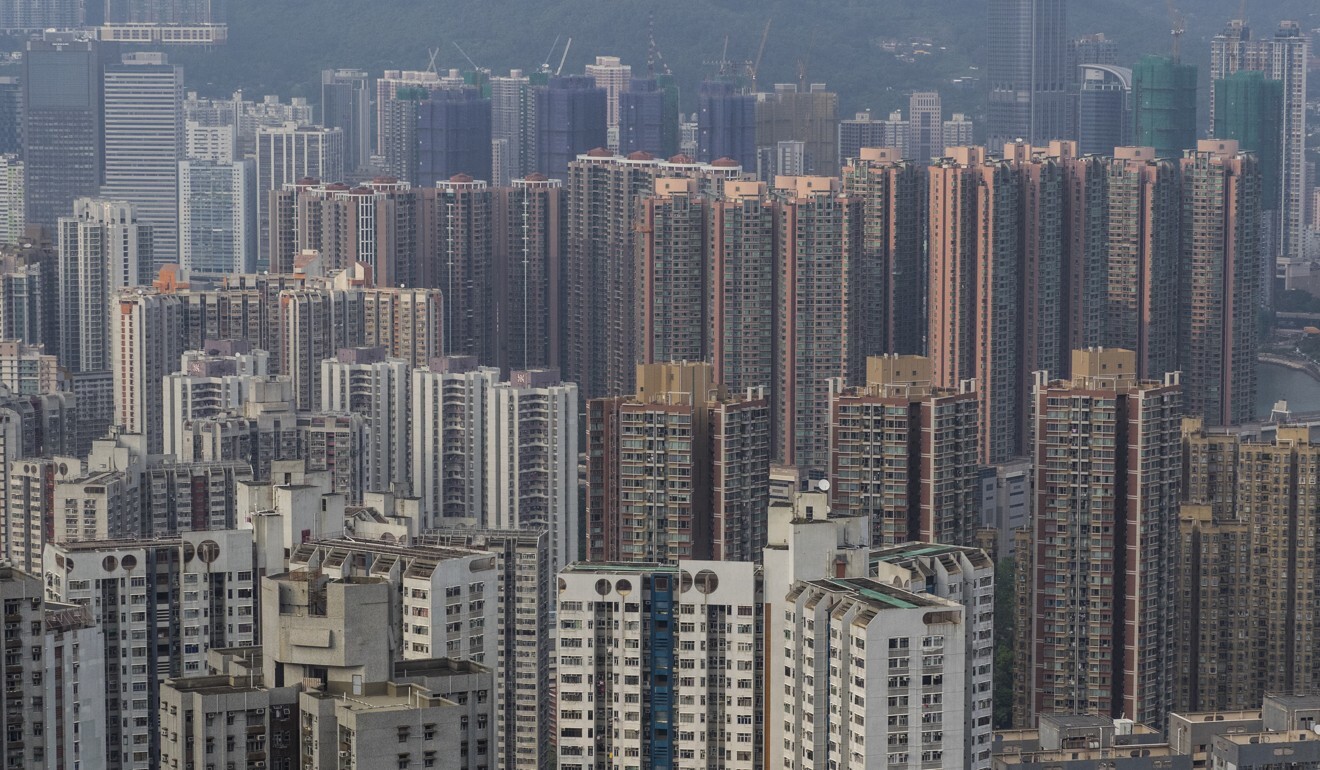
■ What does the future hold for these bills? Will they be introduced again at Legco?
However, the government has so far only pledged to retable one – the bill banning the sale of e-cigarettes.
They have been non-committal in regard to the premium taxi and vacancy tax legislation, saying they will take the relevant circumstances into account when deciding if they should reintroduce the bills.
No clear stance has been taken either way on the long-delayed waste disposal bill.

